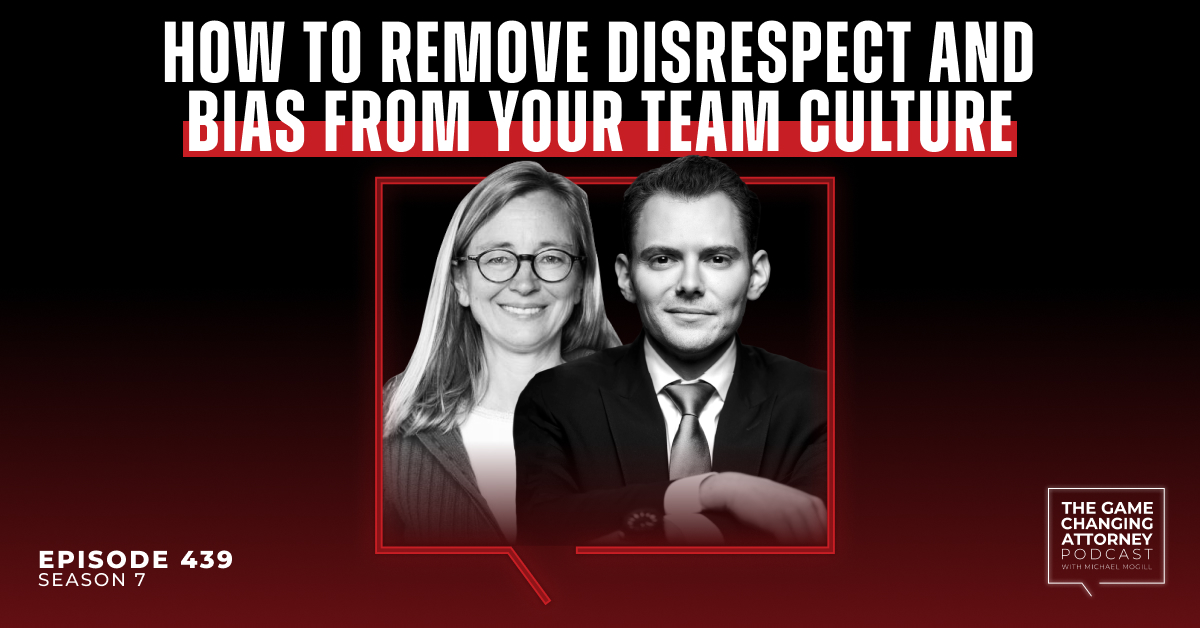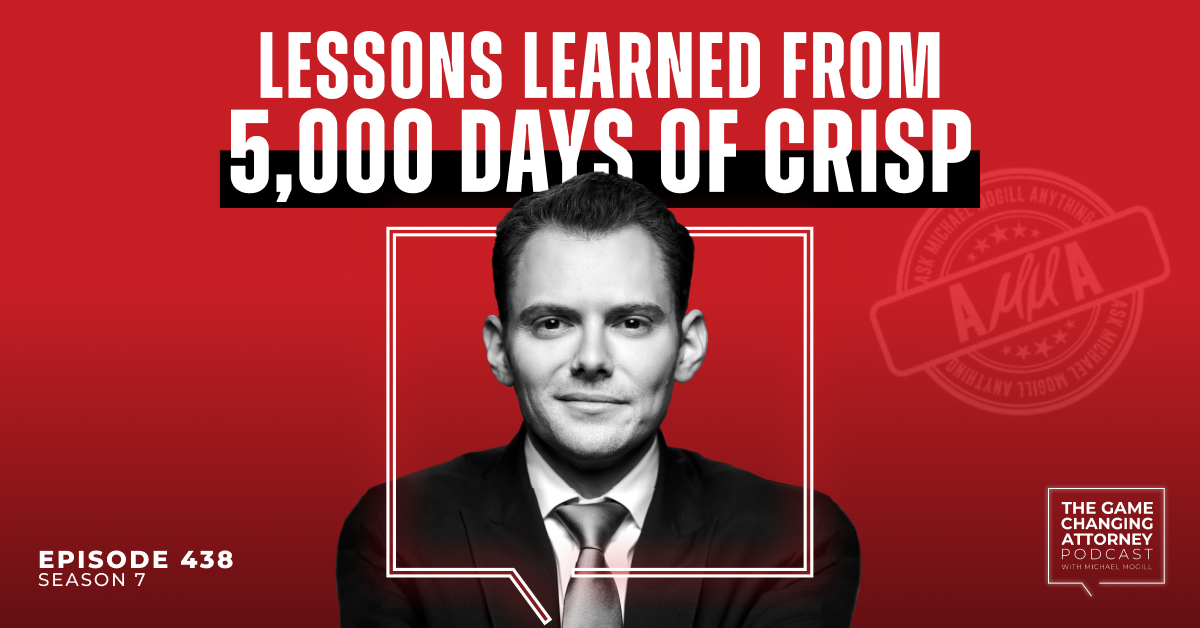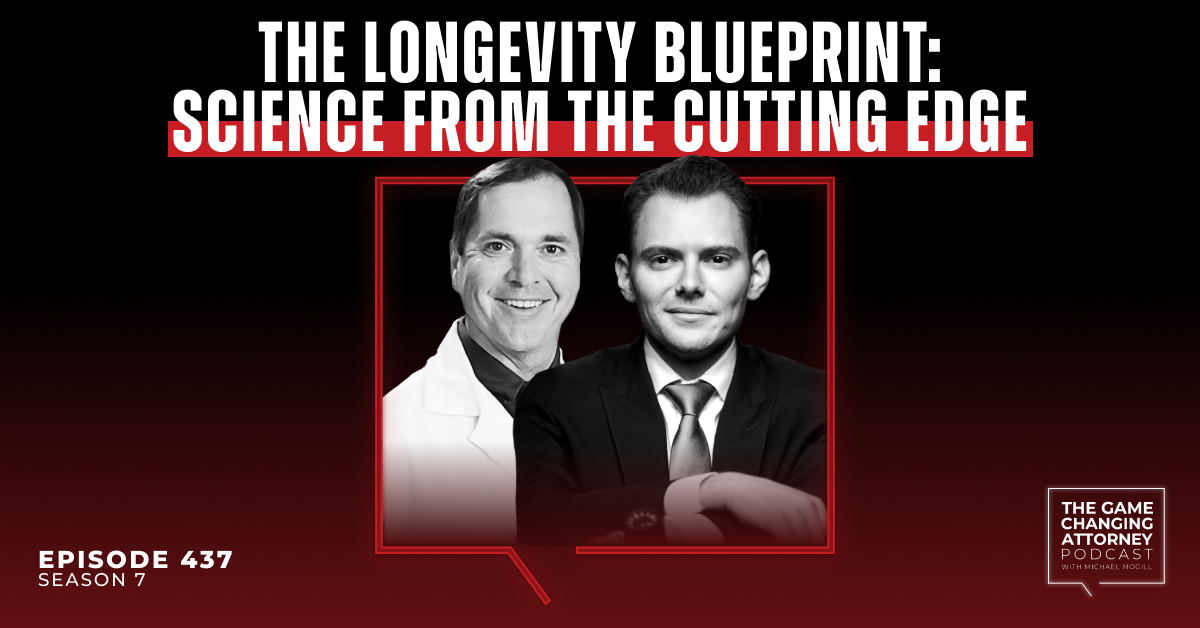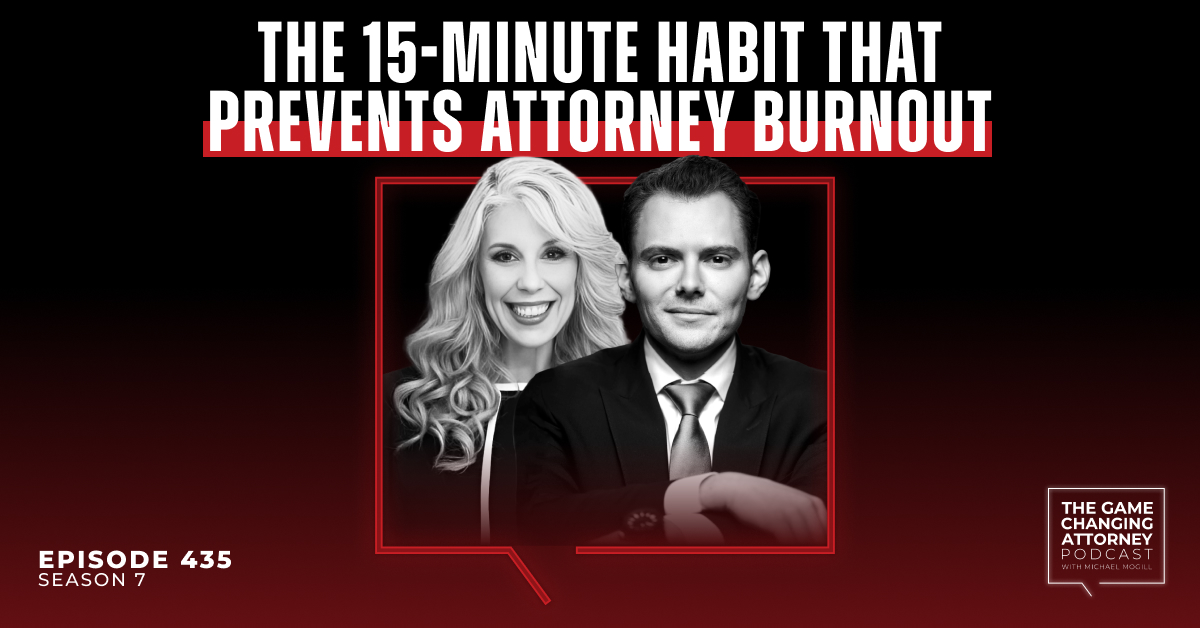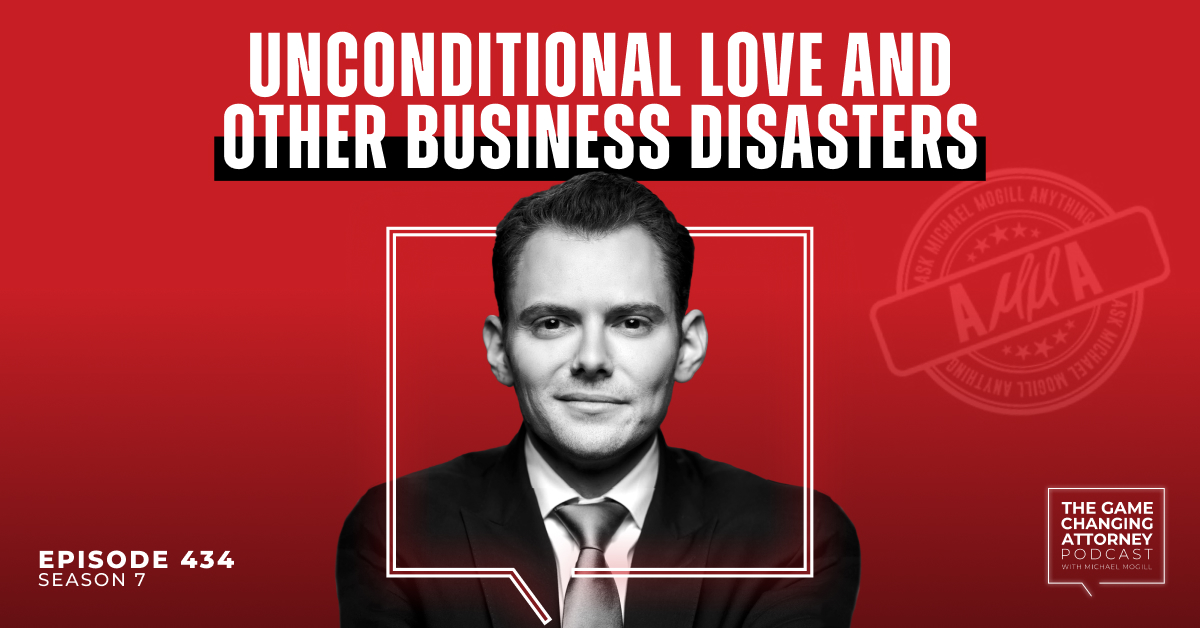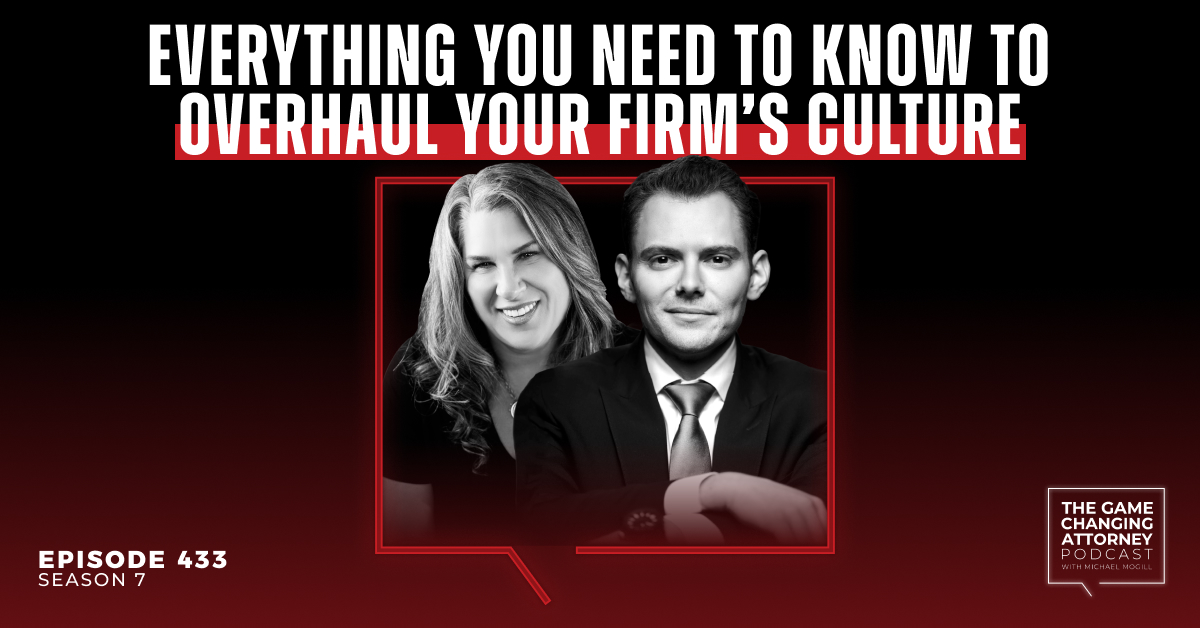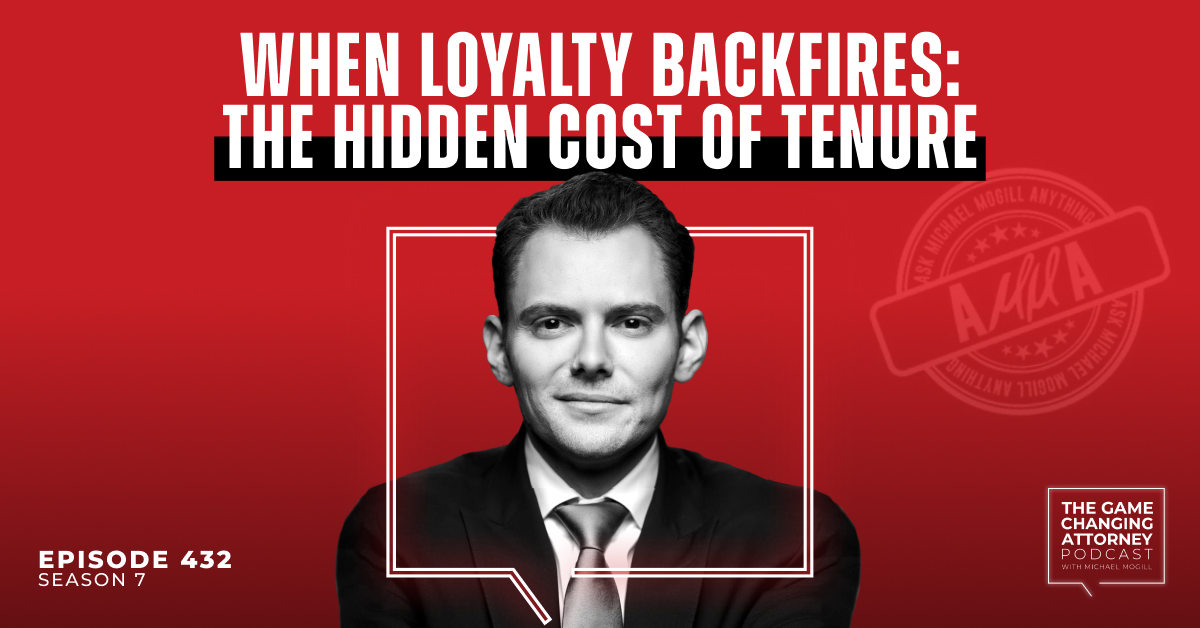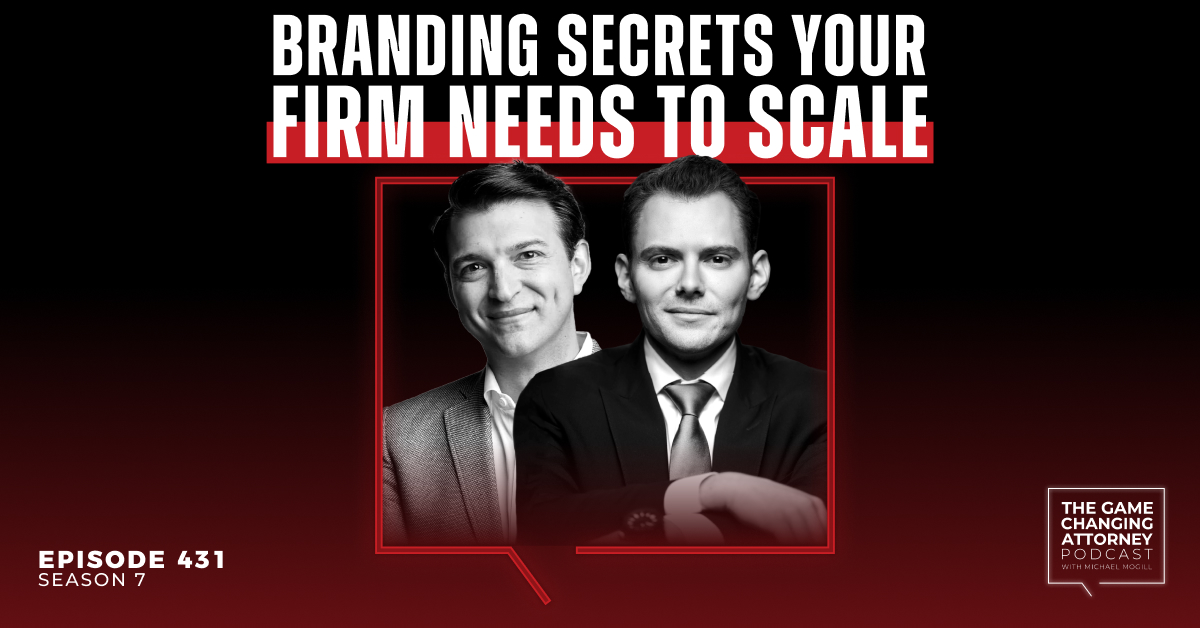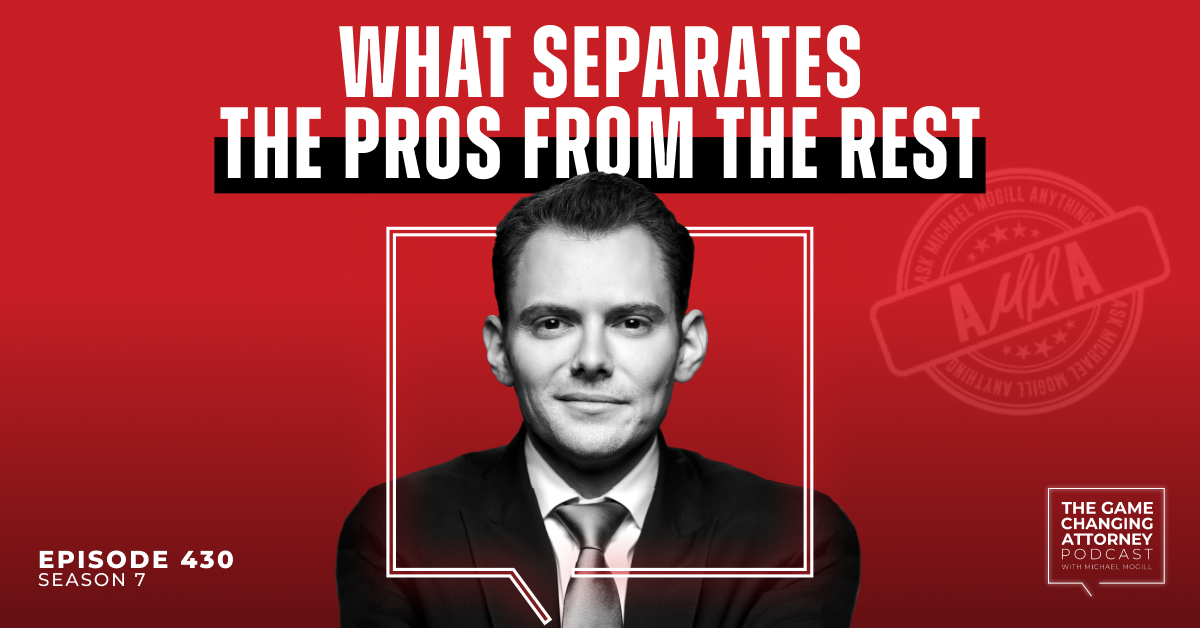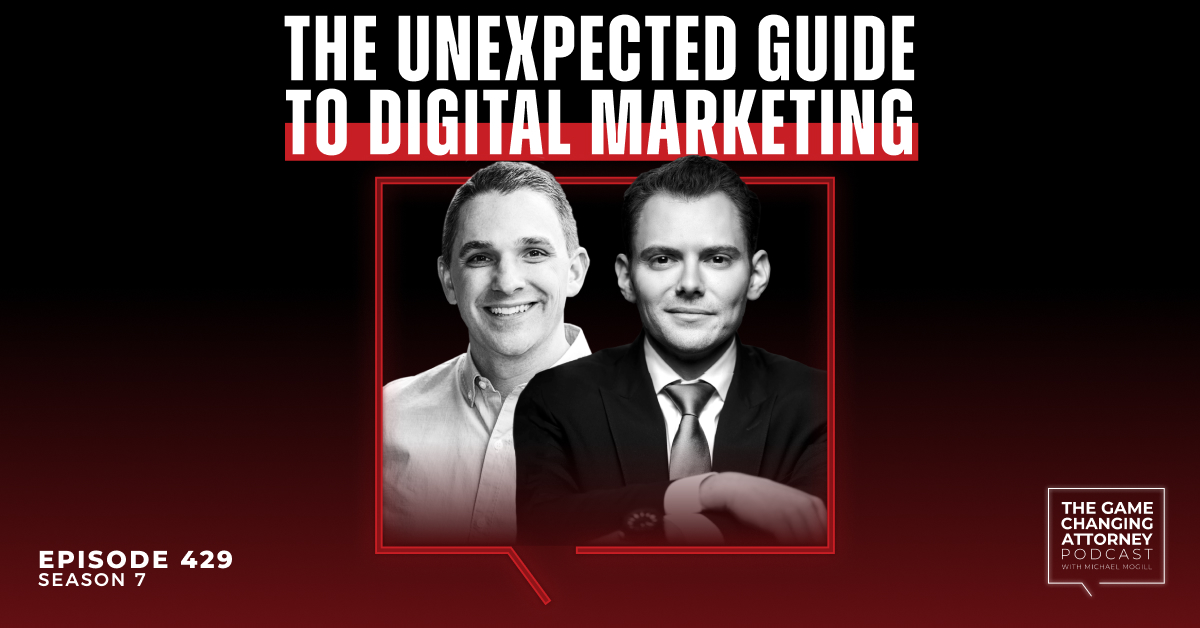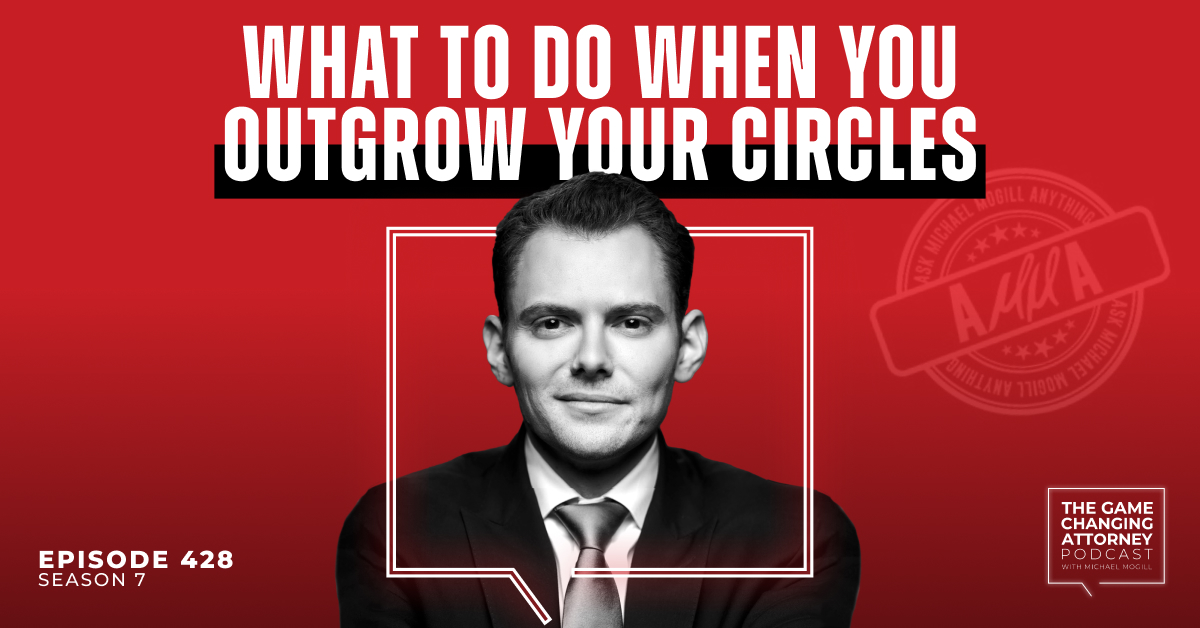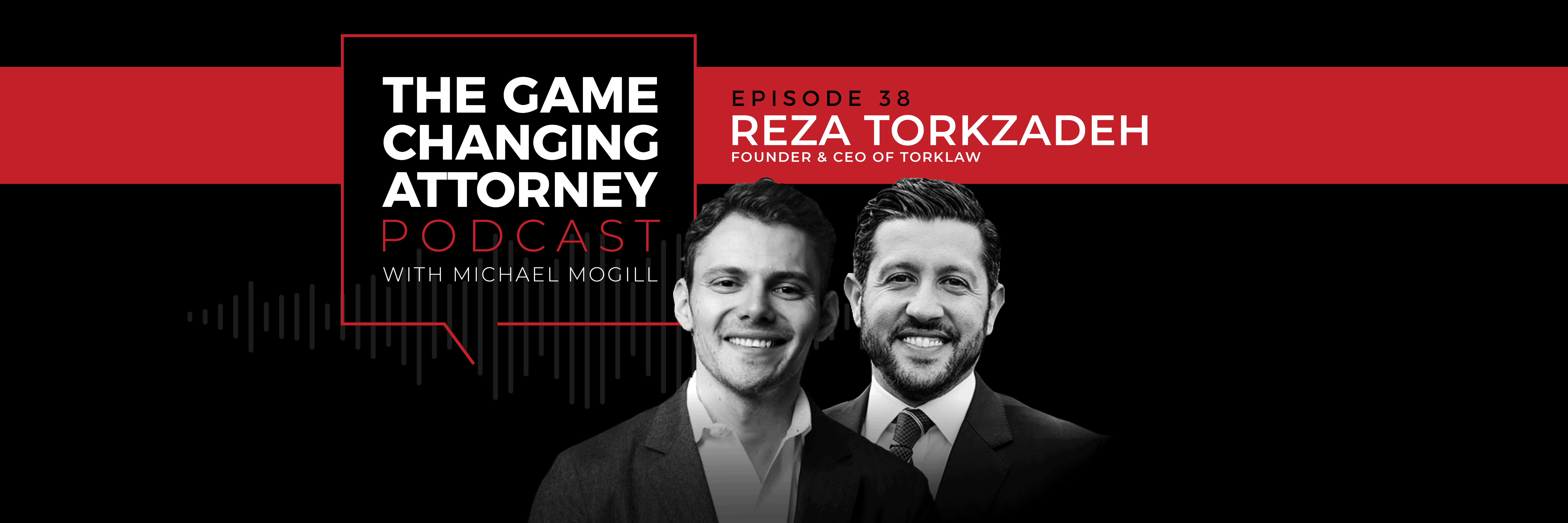
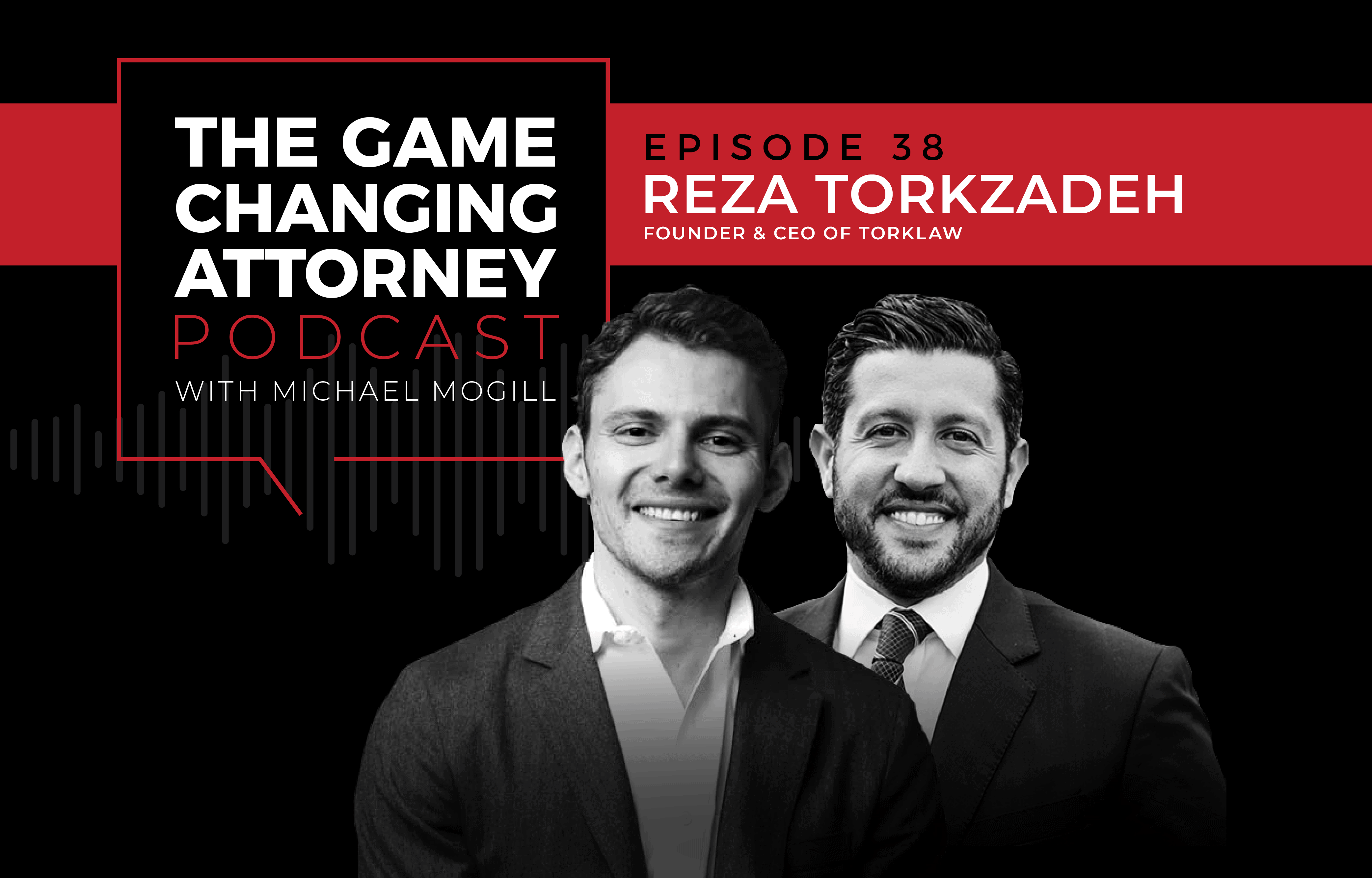
EPISODE 38 — Reza Torkzadeh — Leading a Client-Experience Driven Law Firm
Reza Torkzadeh is the Founder & CEO of TorkLaw, an innovative personal injury law firm based out of Los Angeles.
In this episode, Reza tells his personal story as a first-generation immigrant of Iranian descent, and he shares the entrepreneurial journey that’s made him a big player in personal injury law.
This relatable, empowering conversation answers questions such as:
- Why do experience-led law firms have a competitive advantage?
- How did TorkLaw solve its toxic company culture?
- Why is data going to define the leading firms of the future?
- How did Reza Torkzadeh create a cutting-edge personal injury firm from the ground up?
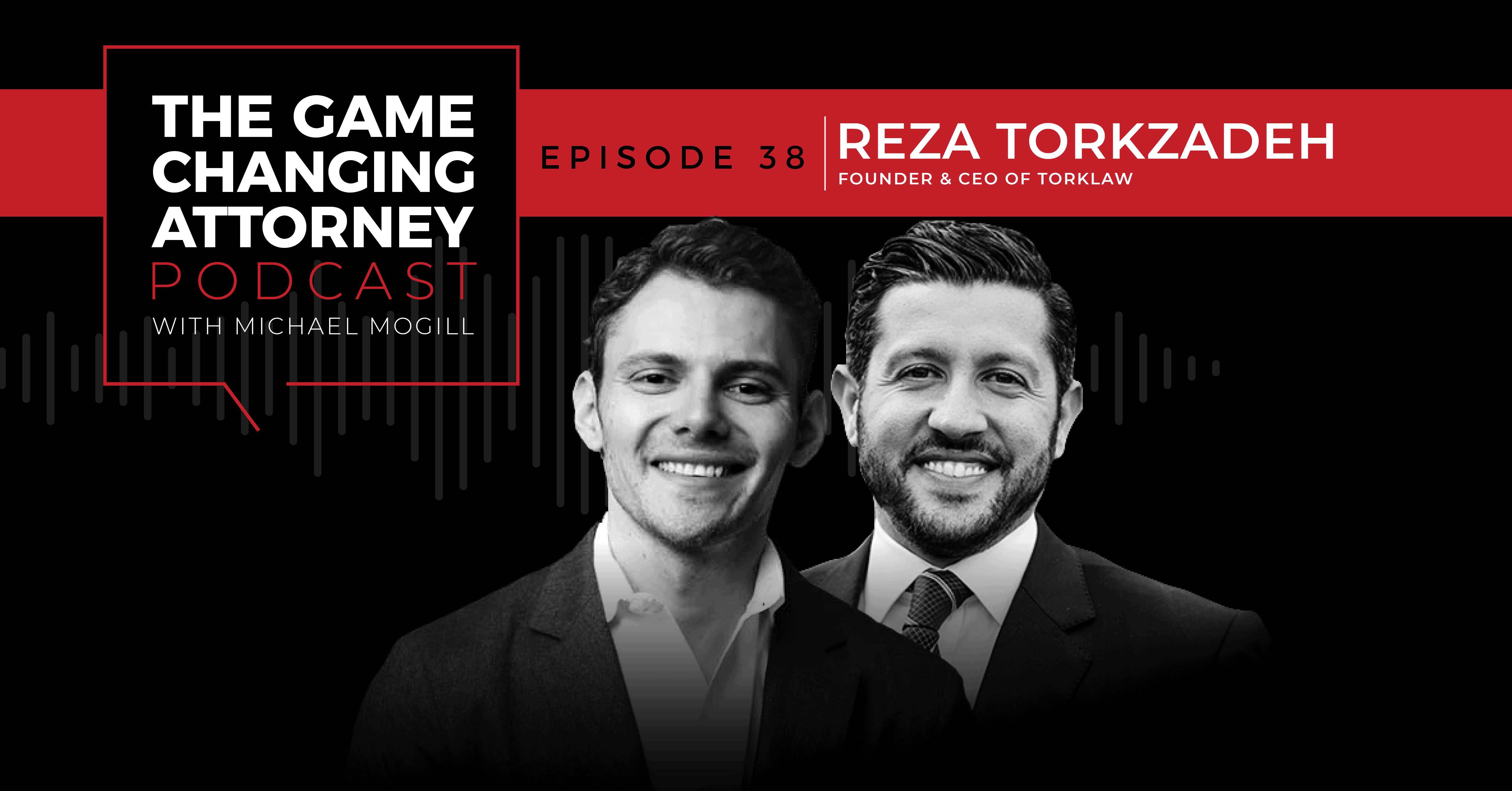
Listen & Subscribe
Show Notes:
1:53 – Humble beginnings. “My parents fled their home country of Iran when I was two months old in the middle of a revolution. They came to America with hardly anything. They didn’t speak the language, and they didn’t know the culture. Looking back now as a parent myself, my parents were super young. To be able to pick up, have your lives uprooted, and start from scratch with a brand new baby — I can’t imagine how terrifying it was for them. I got to watch them as we were growing up really struggle in many ways to make the best of their circumstances. I think that’s where mine and my brother’s real commitment to working hard comes from — watching them struggle, watching them work tirelessly to provide a better life for us. I look at them now, and they’re living the true American dream.”
3:38 – A passion for standing up to bullies. “I did not want to be an attorney, but I always stood up — and I think this is really what propelled me to get into law and doing plaintiff’s work. I hate bullies. I hated seeing people bully others growing up, and in a way, I felt that going to law school and becoming an attorney gave me the greatest opportunity to stand up to bullies. Our firm today is a 100% contingency fee firm. So, most of our clients can’t afford us, but we provide the legal representation that is necessary to stand up to those bullies that they’re facing.”
8:03 – What keeps you going? “My clients. People ask me all the time, ‘Do you get desensitized?’ No, I never do. It’s not like an ER doctor who’s seen every trauma that comes in and they’re sort of desensitized to it. For me, every client I meet with and every client I speak with, it’s a brand new story and those feelings are fresh. Our clients come to us in some of the darkest times of their lives, and they are coming to us because they trust us, because they believe in us and they’ve got nowhere else to go. That’s a great responsibility, and we take it very, very seriously. Every case that we accept in the firm, we are 100% all-in. There’s no half-assing any of these cases. So what drives me are those people, learning their stories, learning their struggles, and understanding what life was like before versus what life is like now — and hopefully, what we can get them for the future.”
13:34 – A pivotal moment for his law firm. “I think the first pivotal moment was really understanding what the vision was in my head and what we wanted the firm to look like. It wasn’t until that happened that we said, ‘Okay, how do we get there? Let’s step into that future.’ We wanted to have a firm with multiple practice areas and multiple offices. We wanted to be able to deliver our version of the law — in terms of customer service and results — to a broader audience. So I think the first thing was understanding what our vision was, and then number two was totally committing to that. Once we did, we looked at what it was going to take to get there. I think it started with hiring and bringing on the right type of people that shared and understood the vision, and also shared a relentless pursuit to win.”
16:37 – Revolutionizing their hiring process. “We really had no process on how to hire people, and that’s how we got all these the wrong people into the door. It wasn’t until we cleaned house and got rid of the folks that really didn’t share that vision and didn’t share that culture that we became a lot more intentional about our hiring. What that means is our mentality before was, ‘Hey, what can you do for the firm? Send us your resume. We’ll look at it.’ But, you know, how are you going to differentiate when you’ve got 100 resumes sitting on your desk and everybody interviews really well and has great references? There is no real way to vet potential employees that way. So, it was a mindset shift in the sense that we went from, ‘Hey, what can you do for the firm?’ to, ‘Hey, here’s what the firm can do for you, here are the opportunities we can give you, and here’s what we believe in.’”
19:58 – What defines TorkLaw’s culture? “It’s driven by integrity. Do what you say and say what you do — striving for the win. We’re a team of winners, always looking for ways to win. Respect is a big one, whether that’s for our teammates or it’s for our clients — respect is huge. It’s a growth mindset. You know, how do we get better? How do we get more efficient? How can we learn more? I think as an entrepreneur, law firm owner, and business person it’s really your ability to be able to reinvent. We’ve had to reinvent the firm’s processes many, many times. So I think our success, even today, largely depends on our ability to pivot and reinvent how we do things.”
24:22 – Running a data-driven firm. “We’ve built a system where all of our data gets aggregated onto a dashboard. We can flip it on, look at it, and be able to determine what’s working, what’s not working, and where the money is going. The scary thing is, there are lawyers out there that spend more time analyzing the stock market and the companies on the stock market than their own firm. It’s the craziest thing. You have to know your numbers. You have to know what your average settlements are. You have to know how many cases you just settled in a week, in a month. We’re a business. We’re also a law firm, but from the business perspective, if you want to scale up and grow, you have to track this data.”
30:56 – What is holding other firms back. “I think there are a couple of things that hold firms back. Number one: if you want to create barriers, you can build them all day long. You can build them as high as the sky, but if you want to truly, truly make a difference in terms of your practice, then you’re going to find ways to do that. So, I think you have to be able to look for solutions versus saying, ‘Hey that’s too high of a wall. I’m not going to climb it.’ You have to look for ways to reach an audience, to reach a demographic, and you have to be able to say again, ‘Know when to hold them, and know when to fold them. This isn’t working. Let’s try something else.’”
35:38 – The law firm of the future. “ Across the country, there’s a push to allow non-lawyers to own law firms. I think that’s really important to follow. I don’t necessarily think it’s a bad thing. I think it may allow lawyers and law firms to innovate a little bit faster. Traditionally, law firms and lawyers have been one of the slowest to integrate any kind of technology, so I think what you’ll find in the law firm of the future is one that’s driven by data. I think we’ll see a lot of barriers come down. There may not be as many lawyers. I saw that applications to law schools are down 30 percent. Not having as many lawyers may not be a bad thing — I don’t know. I think you’ll see them become data- and technology-driven. We may even see compartmentalization of the law industry as a whole.”
36:37 – What does being a game changer mean to you? “Having the courage, having the vision, and having the relentless pursuit to win. Then, being able to invent and reinvent yourself and your firm. You can make one or two decisions within your own organization where you say, ‘Wow, that just changed the game for us.’ I think it’s really a combination of all of those.”
EPISODE RESOURCES & REFERENCES
Motel 6
Four Seasons Hotel
Starbucks
Disneyland
Disney World
Facebook
Instagram
Connect with Michael
- Text directly at 404-531-7691
